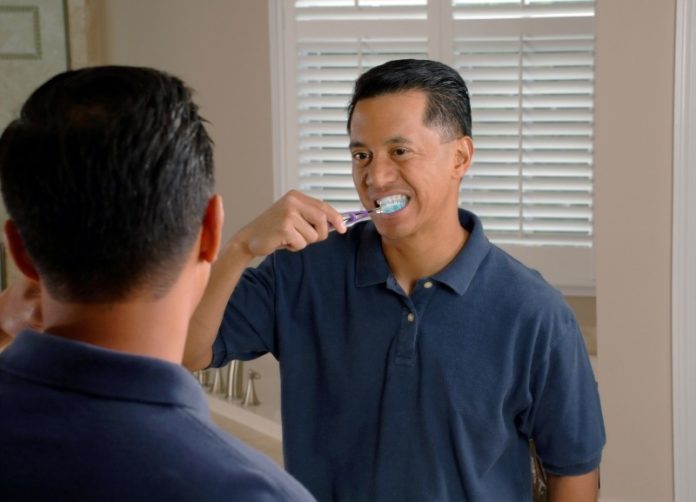Dental implants can truly change your life. They restore much more than missing, broken or damaged teeth. They restore your confidence, the way you present yourself to the world, and best of all, your smile, freely and frequently given. But what happens if you have a complication with your implant? Let’s discuss a few of the more common implant problems. Rest assured, your team at Coyne Oral Surgery has you covered!
The Good News about Dental Implants
Dental implants are generally considered very safe and are only rejected about 2% of the time. That means 98% of people have their smiles restored without the mess and discomfort of traditional dentures.
There is a lot you can do to set yourself up for successful implantation. Preventive measures within your control include good oral care and not using tobacco products. Brushing twice a day for at least two minutes will help with healthy gums and strong jawbones. Tobacco products, whether smoking or using smokeless tobacco such as dip or chew, can cause gum disease, tooth erosion and bone loss, according to the American Dental Association.
Dental Implant Problems
Dental implantation is a process in which a post is surgically inserted into your jaw and covered with a temporary tooth. While these teeth are not natural and will not be subject to cavities, occasional complications and problems can arise. Common dental problems include:
- Infection around the implant
- Damage to blood vessels or surrounding teeth or tissue
- Nerve damage, resulting in tingling, numbness or pain
- Sinus problems (when implants are in the upper jaw)
Should you experience any of these, especially signs of infection, please contact your oral surgeon.
Dental Implant Treatments
In many cases, complications are easily resolved with appropriate care. Even if an implant becomes loose or infected and fails, most can be reinserted; there is a 98% success rate for reimplanted teeth.
Post-implant care will go a long way in preventing complications. Continue to brush and floss – even the implanted teeth. Continue regularly scheduled dental visits. Don’t grind your teeth. If you find yourself grinding at night, consider a mouthguard to prevent damage to natural and implanted teeth.
If you find you have one of the aforementioned problems, there are some things you can do at home to reduce pain or discomfort. Just remember, treating the pain is not the same as treating the problem. You still need to consult your oral surgeon.
- Rinse with an antibacterial mouthwash or solution of 3% hydrogen peroxide and equal parts water.
- Use a cold compress or ice pack on the outside of your cheeks for 20 minutes, three times a day.
- Use safe over-the-counter medications as directed.
- Avoid hard, sticky or chewy foods that could irritate your teeth or gums.
Coyne Oral Surgery & Dental Implant Center
If you’re considering dental implants, you want an oral surgeon with both compassion and expertise. Dr. Coyne, who has been practicing for more than 20 years, stays current with technological advancements and cares about each patient, each surgery, every time. Reach out to Coyne Oral Surgery for a compassionate team dedicated to the best results for your smile and your unique needs. Contact us with any questions regarding getting dental implants or with concerns about existing implants.
Have a question for Dr. Coyne? Fill out the form below:



















